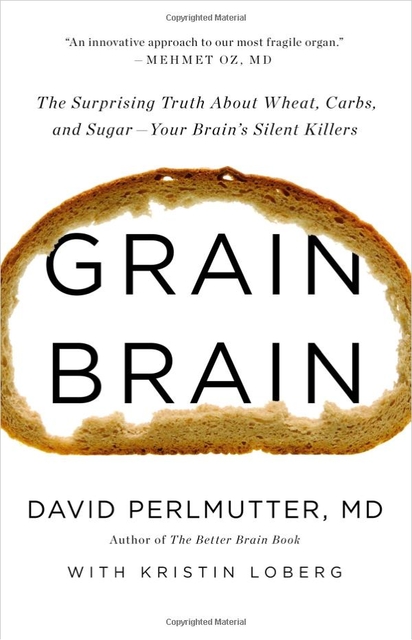Flash In The Pan: Your Brain On Grain
A New Book Links Gluten To Alzheimer’s


Latest Article|September 3, 2020|Free
::Making Grown Men Cry Since 1992


